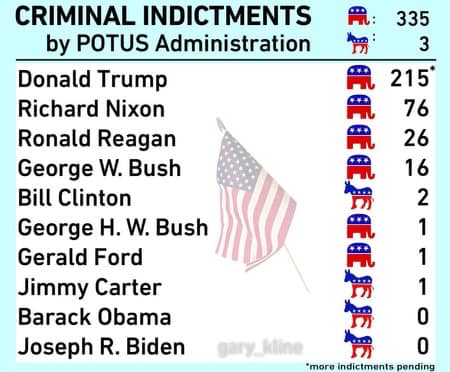
Interesting….

Charlie Dittmeier's Home Page

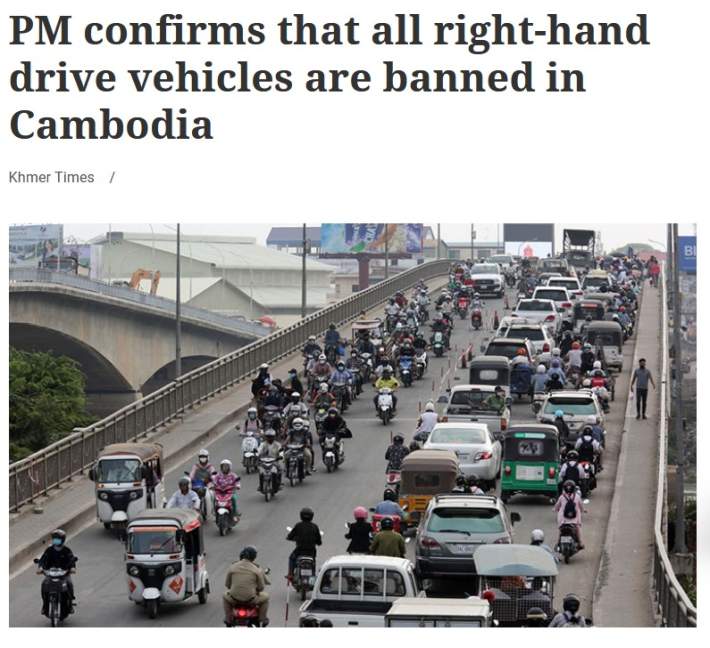
An article in yesterday’s Khmer Times newspaper makes it pretty clear that right-hand drive vehicles are banned in Cambodia. In other countries “banned” would mean you can’t use them. But this is Cambodia:
Now in the same article with the above headline, the PM says:

One of the things the Catholic Church can do in a mission context is take the lead when new situations are encountered or society gains a new awareness. Such an area in Cambodia is autism. So much is being written about autism in the US and there are so many programs set up to work with children with autism. It’s a rather new issue in Cambodia—the awareness of autism, not children with autism who have always been there.
Many of the Catholic parishes now have programs to help children with autism and their parents, and today at the quarterly meeting of the Catholic Alliance for Charity and Development, a subgroup working on disabilities discussed an upcoming program to be presented by an experienced practitioner from Australia.

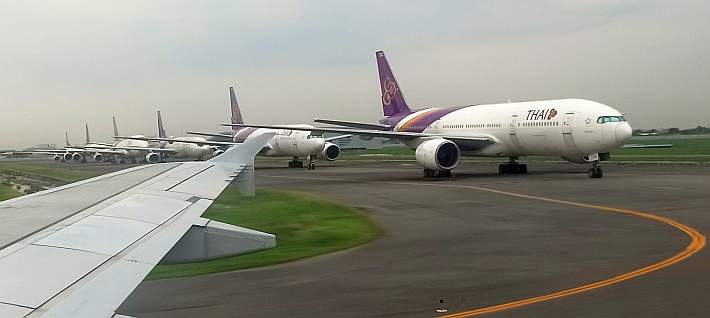
During the Covid crisis, US airlines received $50bn+ to keep them afloat and ready to resume operations. Now the money is gone, the airlines are not ready, crews are not available and trained. The aviation industry blew it big time and the traveling public has paid the price literally and figuratively.
This is a taxiway at the Bangkok airport, filled with parked aircraft. I saw at least three such parking lots.
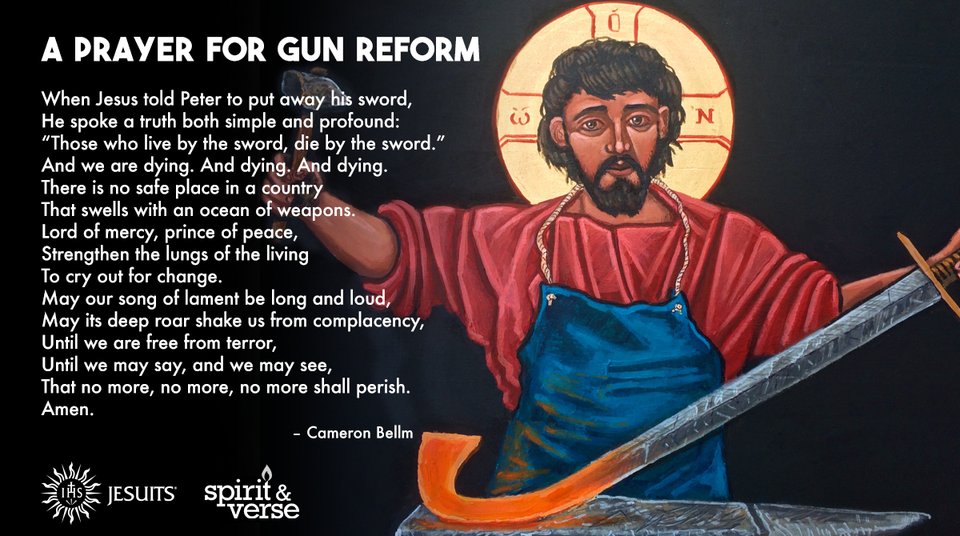

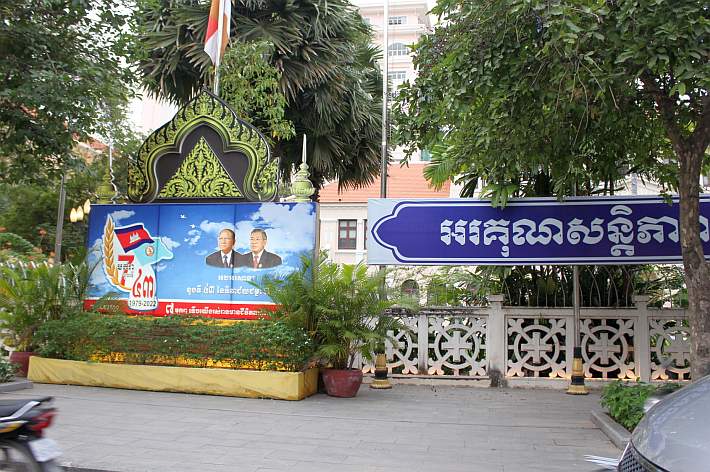
There are two oddities about this photo of the front of the property of what today is known as the Municipality or City Hall. The beautiful old colonial building can be glimpsed through the trees. The first oddity is the display celebrating the ruling political party and the 43rd anniversary of the prime minister. Does that belong on a government property with the city hall for all the people? The second oddity is the fence. Notice the crosses in the fence. Before the Khmer Rouge when the government confiscated all property, the building was the headquarters of the French Missionary Society for Indochina (Vietnam, Cambodia, Laos). It’s rather obvious to whom the property belonged. Any thought of returning it to the church? Not really….
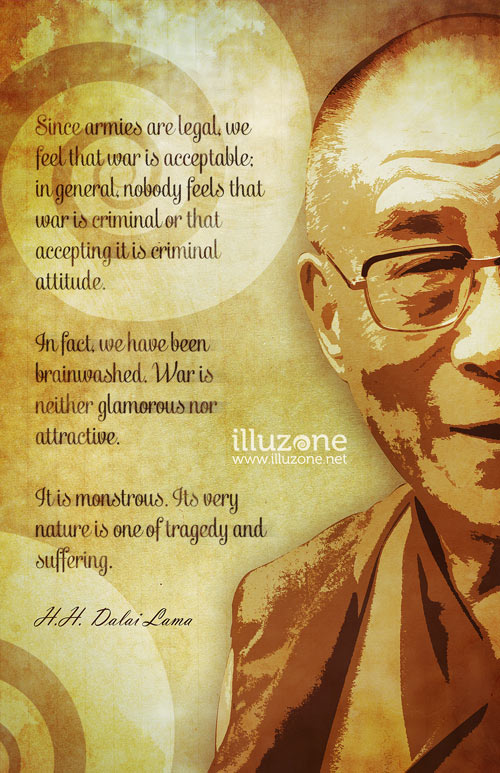
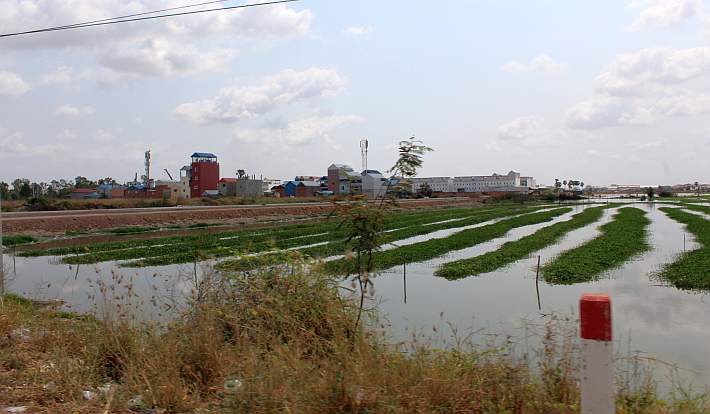
Much of Cambodia is flat as a pancake–and floods every year. That is why the traditional houses are built on stilts. Large areas of the country are boeungs (lakes) which collect excess water in rainy periods and prevent some of the flooding. The boeungs around Phnom Penh also serve as aquaculture sites, like the one above, where vegetables are grown in the shallow water. But now, under relentless pressure from developers and their friends in government, the boeungs are being filled in, mostly to build factories and residence compounds. Above you can see the brown embankment with a road on top that has resulted when this boeung was partially filled to develop the housing compounds in the background. The rest of the boeung will likely be gone in a few short years. The developers make millions of dollars; the poor people are dispossessed and pushed out; and Phnom Penh floods because there’s no place now for the excess water to go.